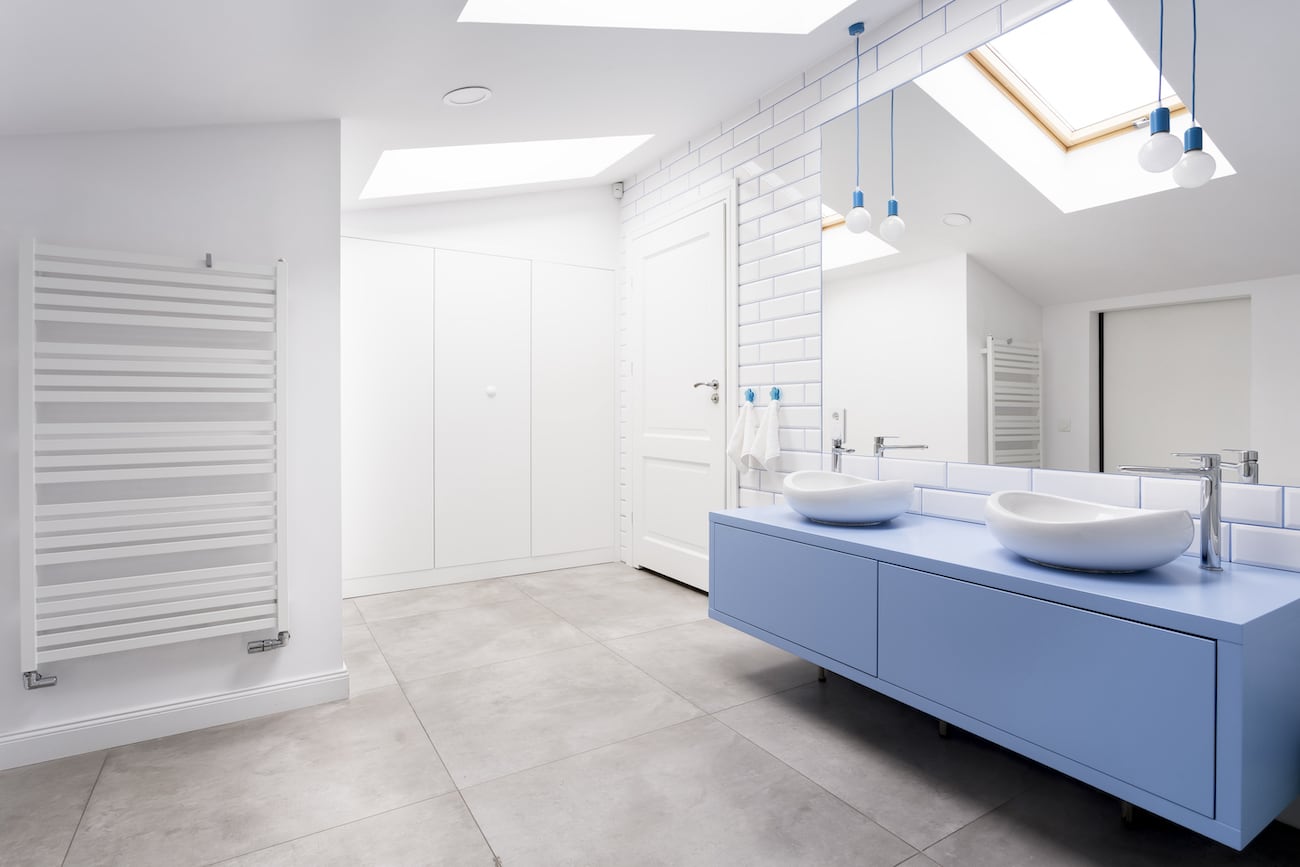

Vinyl does not decompose in landfills and recycling it is usually not an option. Hence, old, worn-out materials often end up in landfills. Vinyl flooring sheets are not biodegradable and is usually not recycled. The chemicals used in the manufacture of vinyl flooring can cause a toxic release that may lead to respiratory problems or eye irritation.

Vinyl flooring sheets are quite inexpensive as compared to wood, marble, or stone flooring. Vinyl floorings come in amazing designs, colours, patterns and textures resembling wood, marble, stone, decorative tile and concrete, which can enhance any home décor style. Vinyl flooring comes with anti-skid resistance, which can prevent a person from slipping and falling in the bathroom or kitchen. Mild floor cleaners mixed with warm water can clean up tough stains on vinyl flooring. Vinyl flooring is highly stain-resistant, thanks to its wear layer that protects the flooring from stains.
#Vinyl floor free#
Sweeping, vacuuming and mopping are the simplest ways to keep the vinyl flooring free of dirt. Vinyl flooring is easy to clean and maintain. How do you clean and maintain vinyl flooring? Moreover, as vinyl sheet has a soft surface, objects are less likely to break, when dropped on it. Also, vinyl flooring has a certain degree of elasticity. Vinyl flooring feels soft beneath the feet as some vinyl sheets and tiles have a layer of padding. Vinyl sheet flooring is a good choice for the bathroom, as a single vinyl sheet is used for the entire area which ensures no seams for water to seep through. Also, vinyl flooring tiles can be easily replaced when they are damaged as they come in individual pieces. Vinyl sheet is a highly durable material and if it is correctly installed and maintained, it can last for 10-20 years. A properly-fitted floor vinyl sheet is resilient to water penetration and can be used for the bathroom and kitchen too. This is determined by the quality of installation. What are the advantages and disadvantages of vinyl flooring? Advantages Water-resistant Luxury vinyl flooring sheets are thicker than standard vinyl and has sound-absorbing properties. Luxury vinyl flooring tiles are designed using 3D printers and can mimic almost any natural stone or wooden flooring that is traditional, rustic, exotic wood or even modern industrial designs. One can add grout between the vinyl flooring tiles to give a realistic look that is akin to ceramic tiles. Vinyl tiles comprise individual squares that, when assembled, give the appearance of stone tiles. Most types of plank vinyl flooring have a foam core that delivers rigidity and strength. Vinyl plank flooring has the richness, deep texture and look of real hardwood flooring. Vinyl flooring sheets are available in six or 12-ft wide single rolls in various designs and colours that mimic wood and tile. It is available as sheet vinyl flooring, vinyl flooring planks and tile vinyl flooring. Vinyl flooring comes in numerous colours and patterns, from budget to high-end premium range. What are the different styles of vinyl flooring? Another variant is when vinyl flooring is made with a combination of PVC and wood, in which case it is known as WPC and if Vinyl flooring is made from stone (calcium carbonate) and PVC, it is known as SPC. Vinyl flooring sheets are composed primarily of polyvinyl chloride (PVC) and is hence also referred to as PVC vinyl flooring. Due to advanced techniques that are available now, vinyl flooring sheets can even resemble hardwood, marble or stone floorings. It is made from artificial and natural polymer materials, placed in recurring structural units. Vinyl flooring, which is also known as resilient flooring or pvc vinyl flooring, is a popular flooring option in both residential and commercial spaces. What is vinyl flooring and how is it made? Is vinyl flooring a good option in case I am looking for water-proof flooring?.Is vinyl flooring better than laminate?.Vinyl flooring or laminate flooring: Tips for selecting.
#Vinyl floor how to#


 0 kommentar(er)
0 kommentar(er)
